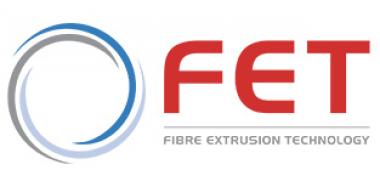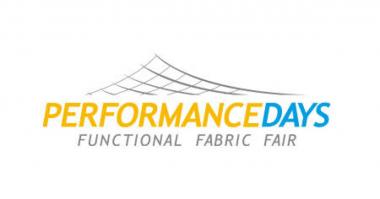FET installs new Spunbond system at University of Leeds
Fibre Extrusion Technology Ltd, UK has completed the installation and commissioning of a new FET Laboratory Spunbond system for the University of Leeds.
This FET spunbond system is now an integral part of the research facilities of the CCTMIH (Clothworkers’ Centre for Textile Materials Innovation for Healthcare), led by Prof. Stephen Russell based in the School of Design, University of Leeds, who commented “The new spunbond system is perfectly suited to our academic research work, and is already proving itself to be extremely versatile and intuitive to use”.
This spunbond system complements existing research lab facilities at the university, which covers all areas of fibre and fabric processing, physical testing and characterisation. It forms part of a wider investment in facilities to support fundamental, academic research on ‘future manufacturing’ for medical devices, where the focus is on studying small-scale processing of unconventional polymers and additive mixes to form spunbond fabrics with multifunctional properties.
Key to this research is developing the underlying process-structure-performance relationships, based on the measured data, to provide detailed understanding of how final fabric performance can be controlled during processing.
As a rule, many exciting materials developed in academic research struggle to progress beyond the bench, because of compatibility issues with key manufacturing processes such as spunbond. By leveraging mono, core-sheath and island-in-the-sea bicomponent technology, the Leeds University team is working with polymer and biomaterial research scientists, engineers and clinicians to explore the incorporation of unusual materials in spunbond fabrics, potentially widening applications.
FET has built on its melt spinning expertise to develop a true laboratory scale spunbond system and is currently working on a number of other such projects globally with research institutions and manufacturers.
Fibre Extrusion Technology spunbond technology spunbond line textile machinery fibres
Fibre Extrusion Technology Ltd / Project Marketing Ltd



















